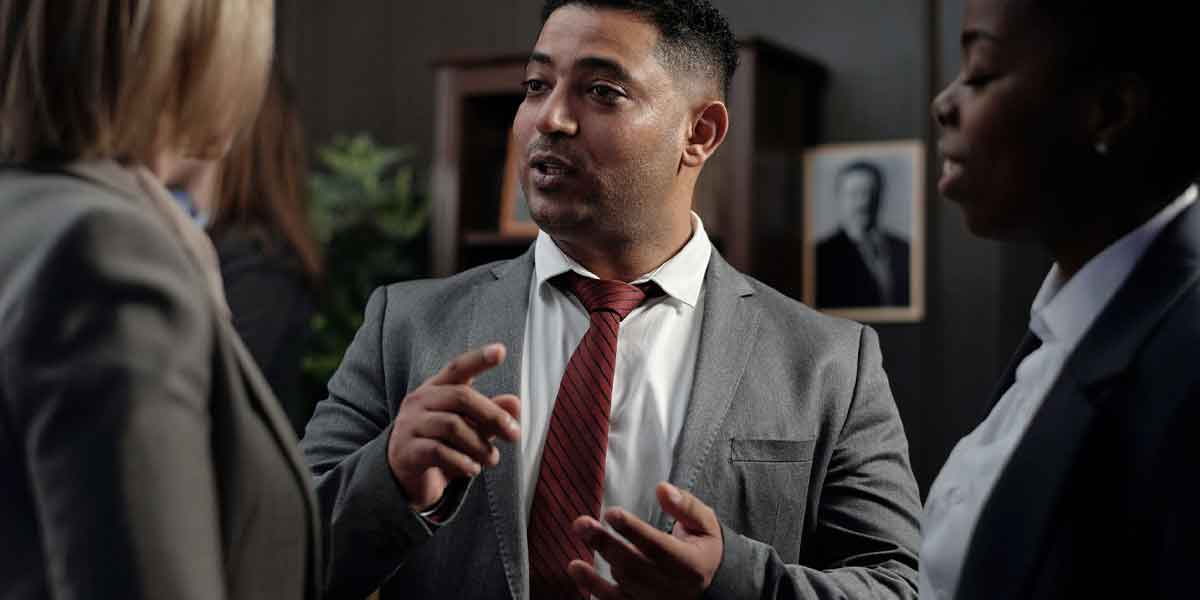Have you ever pondered what happens to a loved one’s debts when they pass away unexpectedly? Many people mistakenly believe they must personally settle their deceased family member’s debts. This misconception often arises during the probate process.
Throughout their lives, individuals typically accumulate various debts, such as student loans, mortgages, and other credit obligations. Unless one is exceptionally wealthy, financial liabilities are almost inevitable.
Understanding Probate
Before delving into the fate of a deceased person’s debts, it’s essential to grasp the probate process. Probate is a legal procedure where an executor presents the deceased’s estate to the court. The executor then uses the estate’s assets to settle any outstanding debts. Any remaining assets are subsequently distributed to the heirs. With this foundation, let’s explore how debts are handled during probate.
Handling Debts During Probate
Fortunately, you are not required to pay off someone else’s debts unless you are a co-signer. Typically, the deceased’s estate is responsible for covering their liabilities. As the executor, you are tasked with paying creditors, but only using the estate’s funds, not your own money. The court ensures that all debts are settled using the estate’s resources.
In instances where the deceased’s debts exceed their assets, the executor will use as much of the estate as necessary to pay off valid claims. If the estate’s funds are insufficient, creditors must write off the remaining debts as bad debts. It’s important to note that assets held in a trust are generally protected from being used to pay off debts during the probate process.
Validating Creditor Claims
Upon a person’s death, the court requires a public notice to be placed in a newspaper, inviting creditors to submit their claims. This is particularly relevant for unsecured loans, such as credit card debt. In many probate cases, credit card companies attempt to claim a portion of the deceased’s estate. However, executors should be aware that they are not obligated to settle unsecured debts without collateral. To navigate these complexities, it is often advisable to consult with a probate lawyer.
Settling Debts After Death
Once all valid claims have been identified, the next step is to make payments. Before using the estate’s funds, check if any debts are covered by insurance. Many loans today come with insurance policies, which can be used to pay off liabilities. If insurance is unavailable, the estate’s assets must be utilized. Remember, as an executor, you are not required to use personal funds or those of other family members.
When paying off debts, prioritize secured loans first. If you are unfamiliar with the intricacies of debt settlement, seeking advice from a probate lawyer is highly recommended. They can guide you through the process and ensure that all obligations are met in the correct order.
Final Thoughts
Managing a probate case is rarely straightforward. The process can be complex and overwhelming for executors. Therefore, enlisting the help of a probate lawyer is often beneficial. They can help identify valid claims and prevent potential pitfalls during the probate process. With professional assistance, the entire procedure can proceed more smoothly and efficiently.




